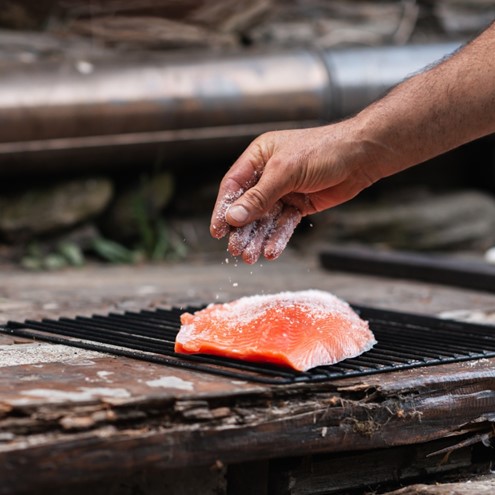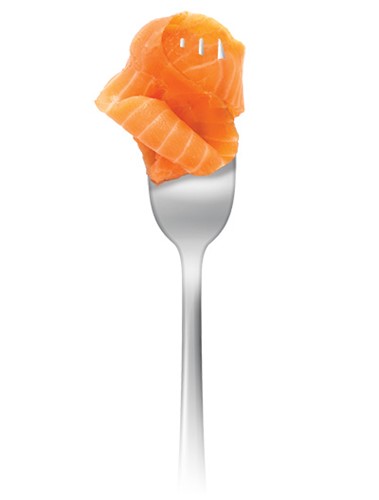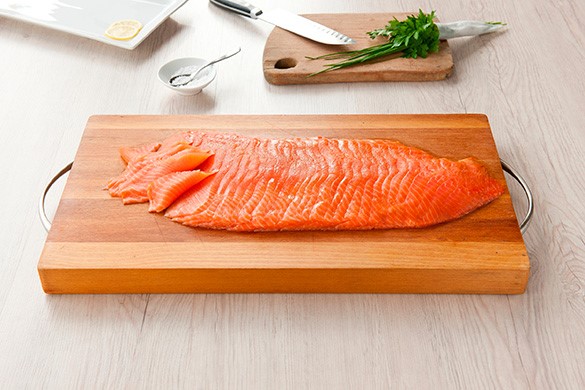Oven baking is a clean and efficient way to cook Regal King Salmon portions quickly. No mess no fuss, and the rest of the meal can be quickly prepared while the fish is in the oven.
- 1. Preheat the oven to 180°C/350°F. Use fan bake where possible, for even cooking.
- 2. Place the oven rack in the middle of the oven for circulating heat.
- 3. Line a baking tray (or shallow dish) with tin foil or baking paper. Lightly grease the surface of foil if using.
- 4. Brush Regal Salmon portions with a marinade or a simple mixture of lemon juice, olive oil, and season to taste with salt and freshly ground black pepper..
- 5. Arrange Regal Salmon portions on the baking tray skin side down. For crispy skin turn the pieces over half way through cooking.





![Tom Yum Pizza[1]](/media/py0clouw/tom-yum-pizza-1.jpg?anchor=center&mode=crop&width=400&height=300&rnd=132194929713900000)